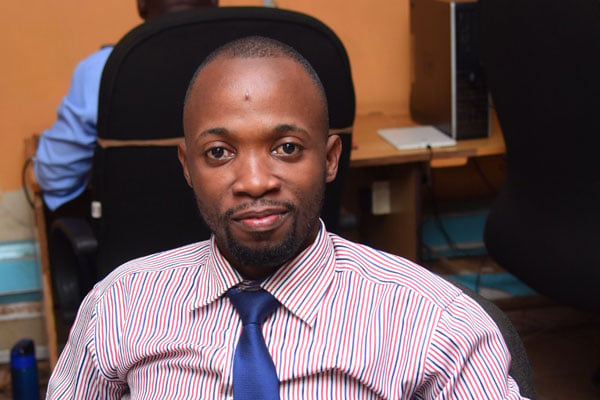Religious leaders take stand against political party wrangles

FILE PHOTOS: Kampala Lord Mayor Erias Lukwago was elected FDC party president by the Katonga Road faction on September 19, 2023. Mr Jimmy Akena is carried by his supporters after being controversially elected UPC party president in 2015.
What you need to know:
Meanwhile, the Inter-religious organ decried the shrinking donor funding due to the Anti-Homosexuality law that was enacted in May 2023.
The Inter-Religious Council of Uganda (IRCU) has condemned leadership wrangles which have marred some of the major political parties in 2023, saying that such fights are not good for future governance and stability in the country.
Through a joint Christmas and end of year communiqué issued on Monday, the inter-religious body noted that it is very important for the political players to recognise the country’s unpleasant history resulting from contestation in political parties or security organs.
“We have had a history where power consternation in political parties and security organs have led to internal strife, which has retarded our progress as a country. Therefore, the failure to nurture internal democracy in our political parties brings in question their relevance as political systems to a country that desperately needs healing, uninterrupted peace and development, like Uganda,” IRCU noted in its Monday statement.
IRCU further urged political parties to focus more on nurturing leadership structures and appreciating the broader national aspirations of citizens rather than their petty and narrow party interests.
This year, political parties, particularly the Forum for Democratic Change (FDC) have been embroiled in leadership wrangles leading to its eventual split into two with the Katonga faction, led by the Lord Mayor, Erias Lukwago while Mr Patrick Oboi Amuriat retained the Najjanankumbi office.
The disagreements leading to FDC’s division started earlier this year, with the members of Katonga faction accusing the party president, Mr Amuriat and the secretary general, Nandala Mafabi of receiving ‘dirty’ money from President Museveni, who is also the chairman of the ruling National Resistance Movement (NRM).
Equally, other political parties like the opposition National Unity Platform (NUP) and Democratic Party (DP) have had almost similar internal conflicts, with some members accusing their colleagues in the respective parties of receiving financial or any other support from the NRM party.
IRCU emphasised that; “This [wrangles in political parties] is not good for improving governance and stability in the country.”
Meanwhile, the Inter-religious organ decried the shrinking donor funding due to the Anti-Homosexuality law that was enacted in May 2023.
IRCU noted that: “Because of the Anti-Homosexuality Bill, support by partners to various programs has dwindled, increasing hardship and stress as citizens grapple with meeting their health needs and keeping children at school.”
The Inter-religious Council also urged government to devise quick interventions to curb the increasing levels of corruption, unemployment among the youths and increasing number of new HIV infections in the country.
“For lack of opportunities here, many able, trained young men and women are being forced into slave-like employment in the Middle East. While it appears as a good revenue earner, the conditions in which these young people work and its long-time effect on their lives are not being factored into the equation,” the statement further reads.
Ahead of the New Year, 2024, the Inter-religious Council of Uganda has among others things pledged to play a pivotal role in reconciling the nation through diplomacy and public advocacy for accountable leadership and responsible citizens.




